Have you noticed an increase in red bumps, breakouts, or other skin issues where your mask covers? In case we needed more to worry about in 2020, mask-related acne or “maskne” and other skin-related issues (e.g., staph infections, dermatitis, rosacea, etc.) associated with mask-wearing have become a common issue.
“Maskne” isn’t a new phenomenon — medical professionals who regularly wear masks deal with this pesky issue all the time. However, as you may be experiencing now with daily mask-wearing, “maskne” has become a more widespread issue for the rest of the population.
Combine the heat, friction, and occlusion (or barrier) imposed by a mask with normal breathing, talking, or sweating, and you have a recipe for breakouts and other skin related issues. To help clear up or prevent the development of skin problems under your mask, continue reading to learn the leading causes and some recommendations on how to prevent mask related skin issues.
Please Note: The recommendations in this post are for support for your skin and should not be misinterpreted as advice on protection during the pandemic. Please follow local, state and national guidelines for your health and safety.
3 Leading Causes Of Mask Related Skin Issues
1. Friction – Tightly fitted masks put pressure on the skin and cause friction. The rubbing creates chafing and irritation, making the skin vulnerable to pathogens and breakouts.
2. Drying – The natural oils of your skin create a barrier and protect the skin while maintaining proper moisture. Mask material will absorb these natural skin oils and lead to dryness and skin sensitivity. Dry, sensitive skin will be vulnerable to inflammation, redness, peeling, and dry patches. If you usually deal with rosacea or psoriasis, irritation and inflammation can make these skin conditions flare.
3. Clogged Pores – Residue from fabric softeners, detergents, and makeup are rubbed into the skin and can clog pores leading to pimples. The bacteria and yeast from your breath can also become trapped in hair follicles on your face and lead to folliculitis, which are bumps or white-headed pimples around the hair follicle.
6 Ways To Prevent Mask Related Skin Issues
1. 100% Natural Fibers – The best choice for a mask is a soft, natural, and breathable fabric. Tightly woven 100% cotton mask. 100% cotton provides a good balance between protection and breathability while being gentle on the skin. Silk is another mask fabric choice if you are struggling to clear-up skin breakouts. Silk is breathable, stays cool, creates less friction, and is antimicrobial — to thwart bacteria growth.
2. Wash Your Mask – Make sure you are wearing a clean mask every day. Natural oils from your skin, as well as saliva and bacteria from your mouth and nose, will collect throughout the day. After each use, wash the mask to cleanse the oils, dirt, and bacteria accumulated in the mask’s material. If you have a busy schedule, purchase enough masks to last between your regular laundry schedule.
3. Use Non-Toxic Detergents – Using a non-toxic, fragrance-free laundry detergent and then laying the mask flat to dry. EWG is a great source to help choose a non-toxic laundry soap (and fabric softeners) that you can regularly wash your mask in and won’t irritate your skin.
4. Wash Your Face – Before you put on a face mask, use a gentle cleanser to remove dirt and impurities from your skin. Your skin should always be clean before you put a mask on to prevent dirt, oils, and impurities from being trapped and leading to breakouts. Look for a good cleanser with a perfect pH balance to support your skin’s microbiome’s health.
5. Apply Moisturizer – An enriched moisturizer can hydrate your skin and act as barrier protection between your face and the mask. A moisturizer can also help reduce the friction on your skin. As a bonus, your skin will feel soft and smooth throughout the day.
6. Go Makeup-Free – Masks are occlusive barriers, meaning they trap particles. Moist warm air and trapped dirt, impurities, and makeup are a recipe for clog pores and can lead to breakouts. You won’t be taking the mask off around other people, so do your skin a favor and go makeup-free.
FAQ’s
Here are some of the top questions I’ve been asked by my patients, followers, friends, and family.
What is the best type of mask to wear for my skin?
One that reduces irritation and that does cause your skin to react. A mask with a comfortable fit will help protect plus reduce rubbing and irritation — look for masks with adjustable straps. Choose a mask that is soft, natural, and breathable. Make sure to avoid synthetic fabrics — especially on the inside! You want the fabric on the inside that feels soft. Especially if you have acne, oily skin, or sensitive skin. If you’re a health care provider or working or living in high-risk areas, certainly follow the recommendations provided to you!
Am I experiencing acne or some other skin irritation?
There are different kinds of skin reactions. The biggest thing to realize is that if your skin is anything less than smooth, hydrated, and healthy-looking, then it’s trying to tell you it’s not happy. The type of reaction depends on your skin type – if you are not sure what your skin type is, this Skin Quiz will help you determine your type. Emmet, Olivia, and Heath skin types are the most prone to skin reactions.
Can my skin care routine help my skin be less reactive to wearing a mask?
Yes! Start with a pure and gentle cleanser – One that has a perfect pH that will clean, soothe, and balance your skin’s pH to support the skin microbiome. Follow the cleanser by using a light serum and moisturizer if you have more of the Olivia skin type. I recommend using plant-based oil blends like The Spa Dr.® Step 4 – ENHANCE: Glow Boost if your skin is dry and needs some extra barrier protection. Whatever you do – DON’T USE VASELINE! Be consistent with your skincare routine by cleansing your face twice daily. When possible, I recommend you use your skin care routine a 3rd in the middle of the day. If that’s not possible, do your 2nd skincare routine as soon as you get home or can remove your mask
We may be wearing masks for a while. Acne and skin issues can be frustrating to deal with, but that doesn’t mean you should stop wearing a mask. With some simple skin and face mask care, you can take control and protect your face by eliminating breakouts from happening.
Everyone’s skin responds differently to stressors, so be kind, patient, and take it slow as you test solutions to resolve the mask-related skin issues you may be facing.
Natural Solutions For Skin Irritation
Aloe Vera gel has antimicrobial, anti-inflammatory and healing properties, and it penetrates the skin easily to provide nourishment.
Comfrey is an especially potent skin-healing agent. Its anti-inflammatory properties aid wound repair and accelerates skin healing.
Vitamin E is great for minor chafing and irritation because it provides a protective layer and keeps the skin well moisturized.
Calendula has been used topically for generations to naturally heal skin irritations. It’s anti-inflammatory and antioxidant properties help protect the skin.
Shea Butter is fat that’s extracted from the nuts of the shea tree. Its high concentration of vitamins and fatty acids — combined with its easy-to-spread consistency — make it great for smoothing, soothing, and conditioning your skin.
Essential oils – also make your mask smell good and may help your mood! Lavender, rose, chamomile — a little goes a long way. Avoid oils that are synthetic (mineral oil) or that are overly processed and not clean sources – they don’t have the same level of nutrients.
Salves – DIY or, therapeutic natural lotions, compounding pharmacies. All-Purpose Salve and Jane’s Golden Salve from Barlow Herbals are two that I recommend.
Skin Care From The Inside-Out
My book Clean Skin From Within goes in-depth into which skin care product ingredients are safe and cited research to explain why you can trust your skin and health with these ingredients. Once you know what ingredients are safe (and which ones to avoid) – you can confidently shop for products and manufacturers that provide clean, natural, and effective solutions to resolve your skin issues.
At The Spa Dr., we want you to know that we source nothing but the best ingredients for our formulations. Our products are made to help address all of your skin issues, including skin sensitivity, acne, eczema, and the signs of early aging. Find what you are looking for in solutions to “maskne,” and other skin issues by shopping for our natural, safe, and effective products at TheSpaDr.com.
I’d love to hear from you! What strategies have you found to help clear-up or prevent “maskne”? What’s worked and what hasn’t?
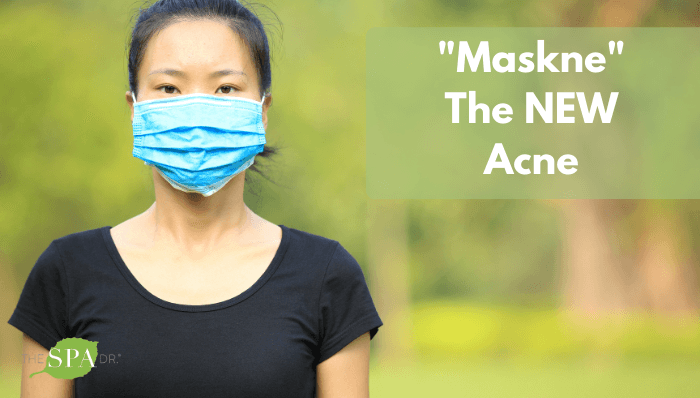

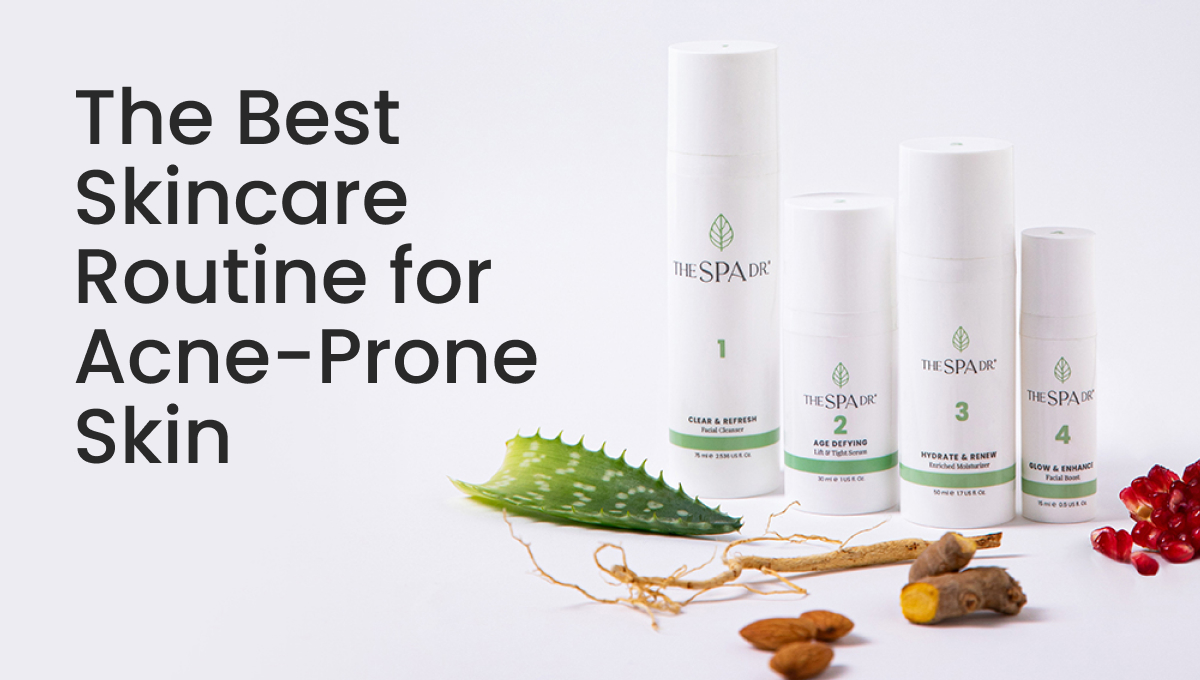
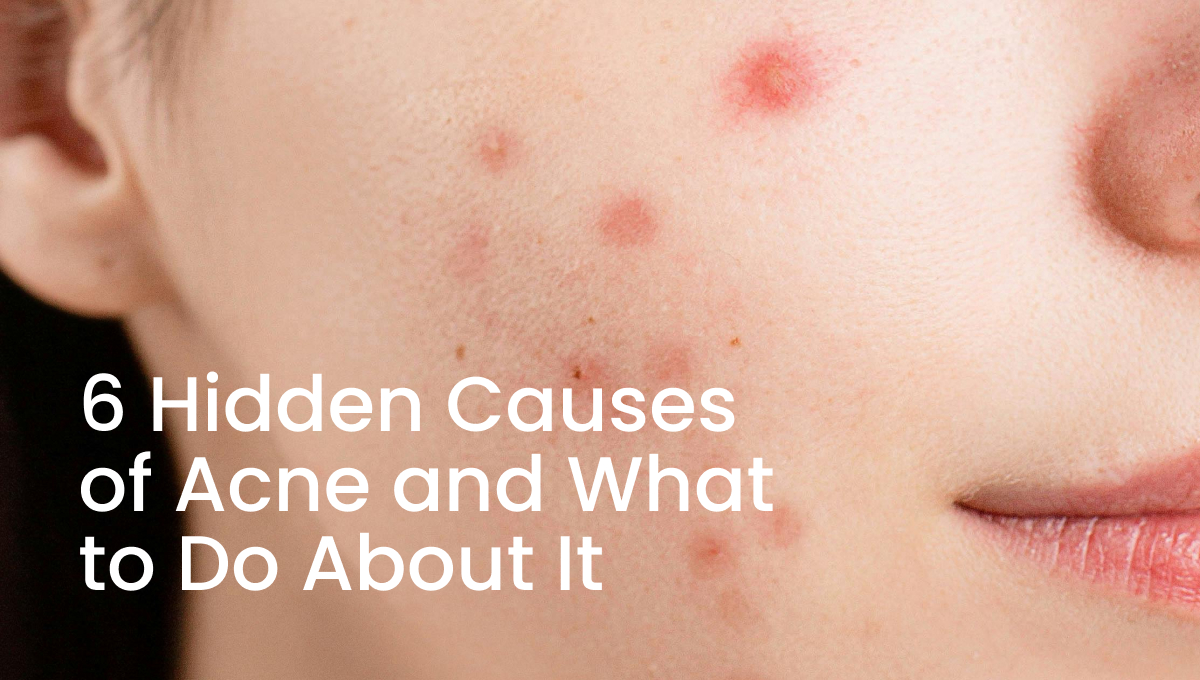

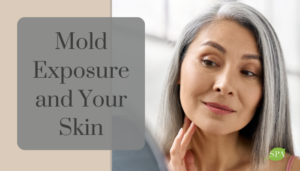
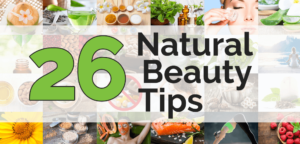

Reader Interactions